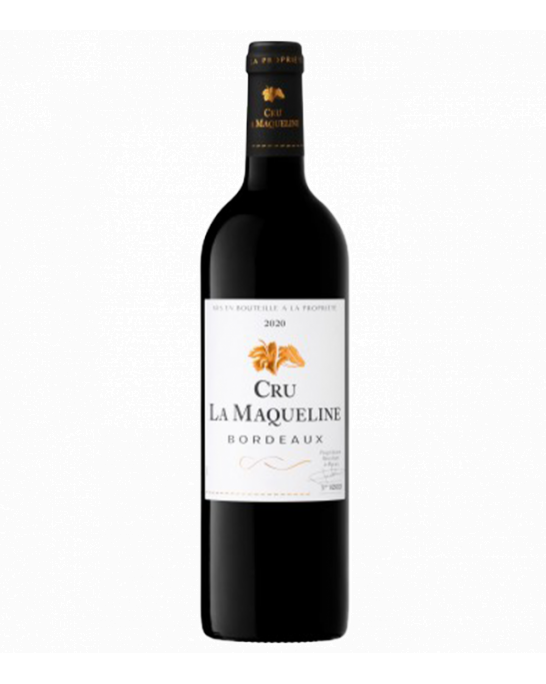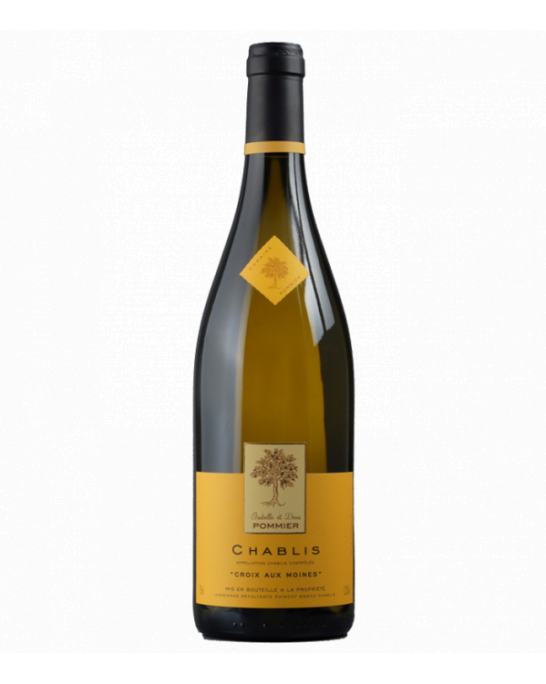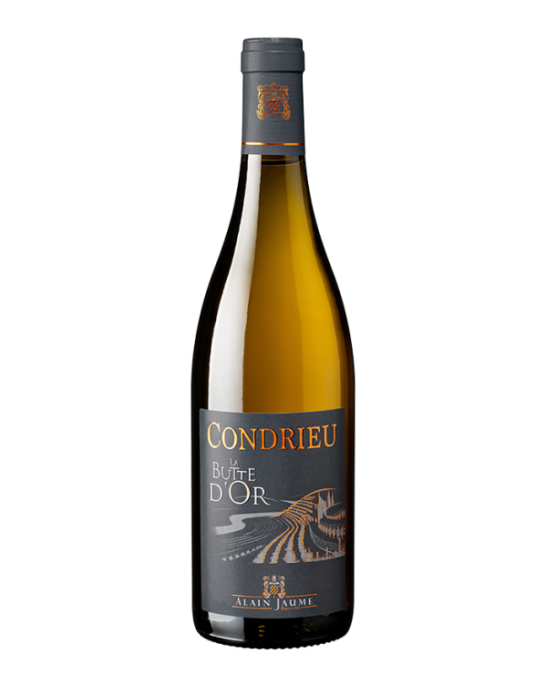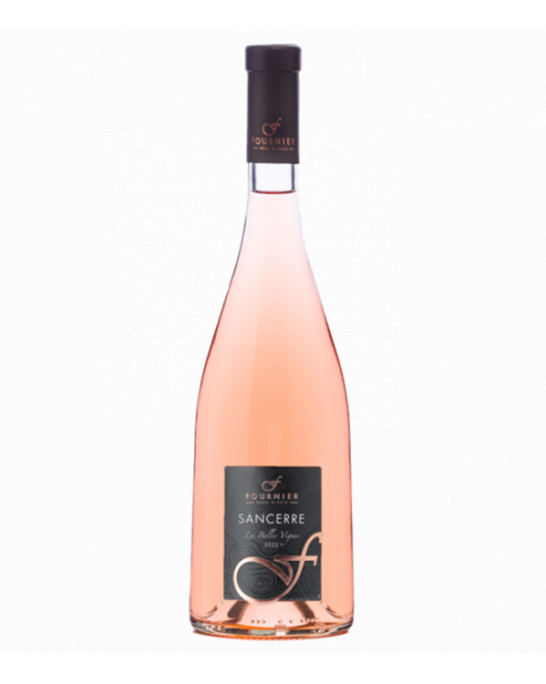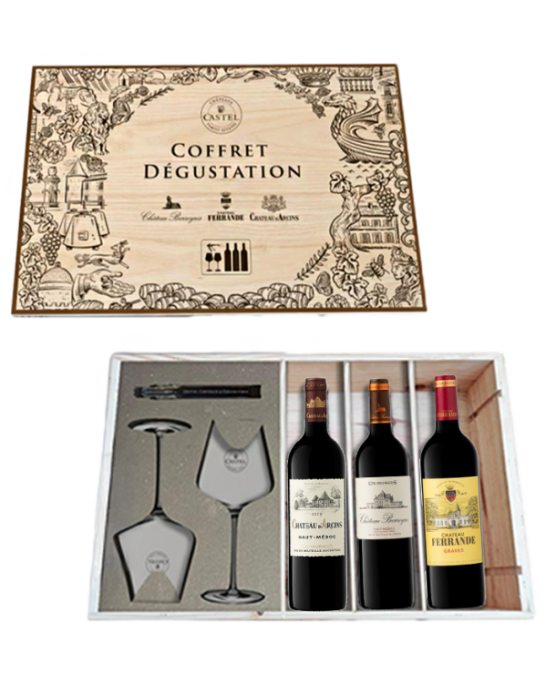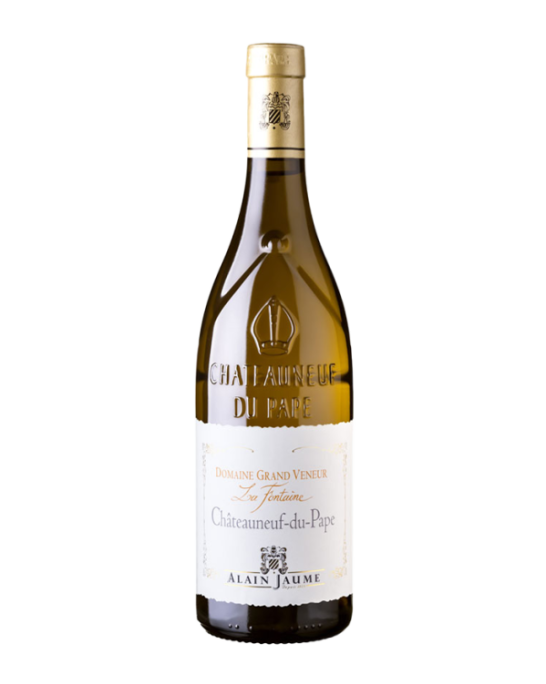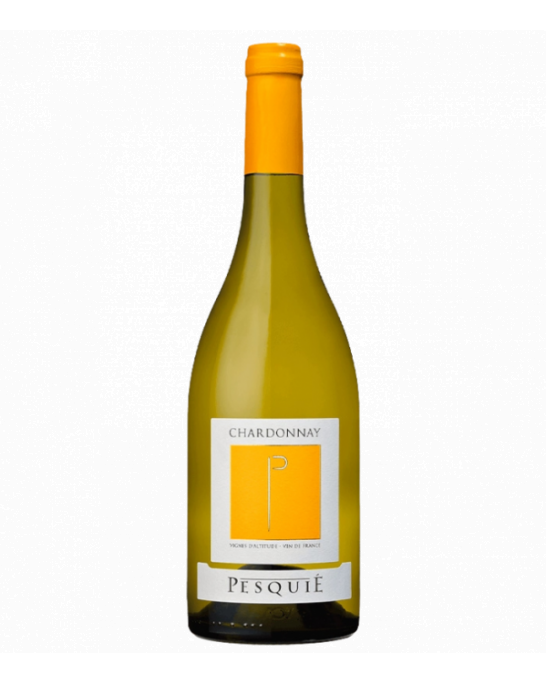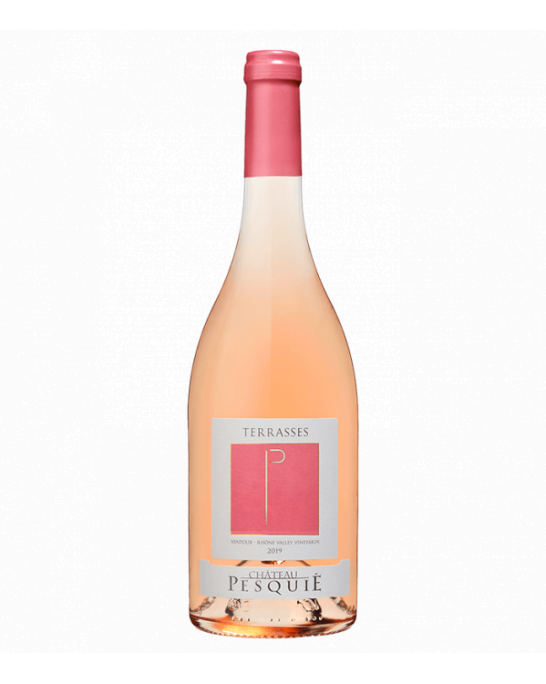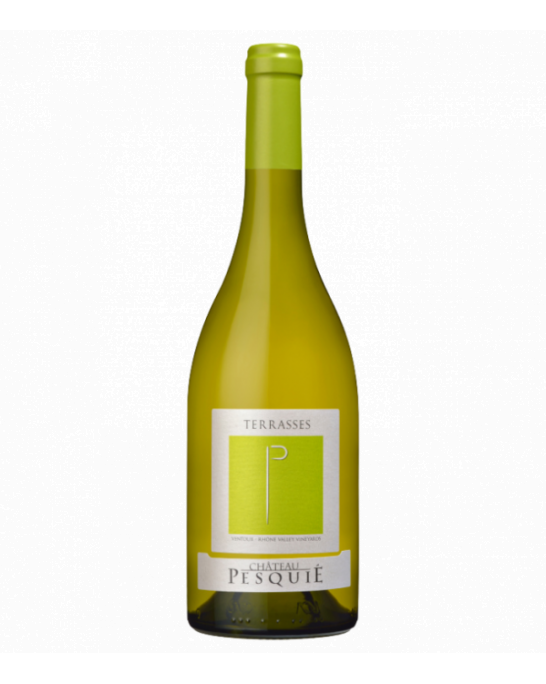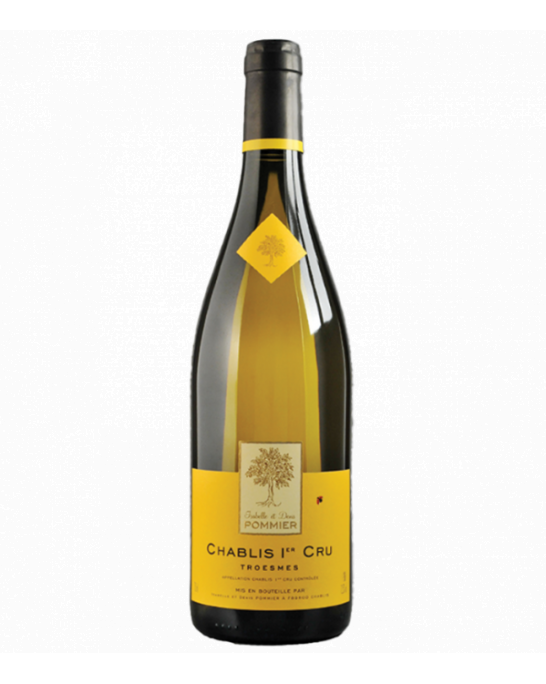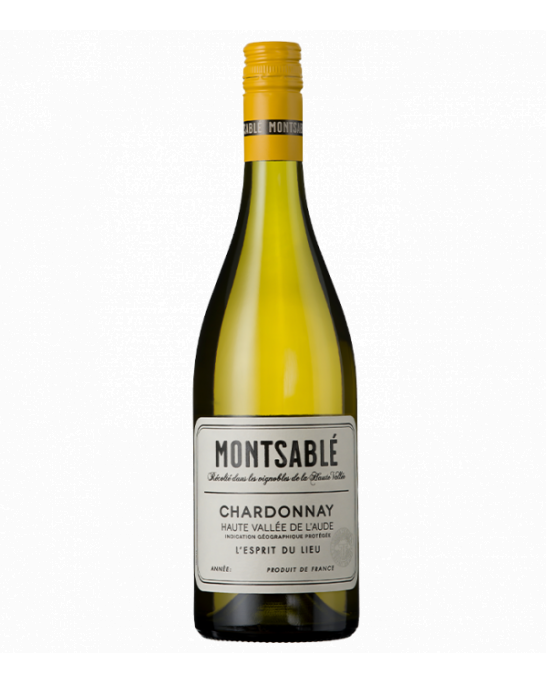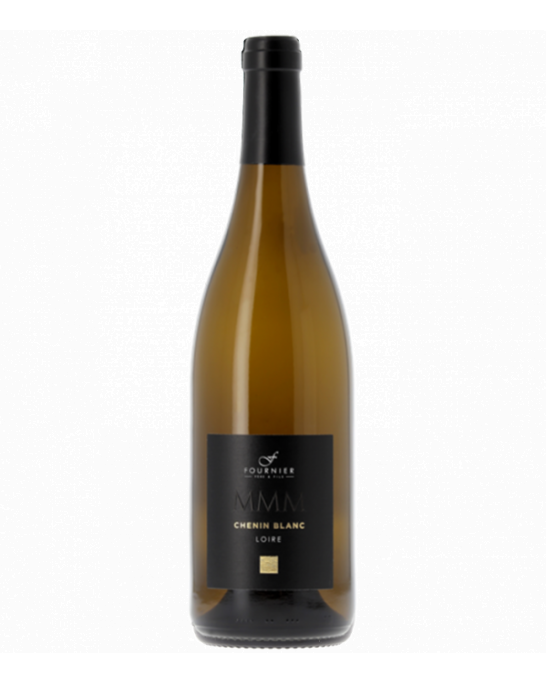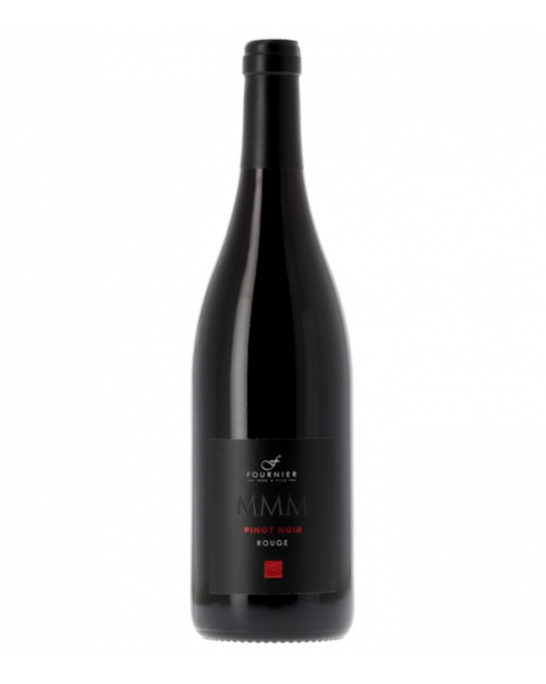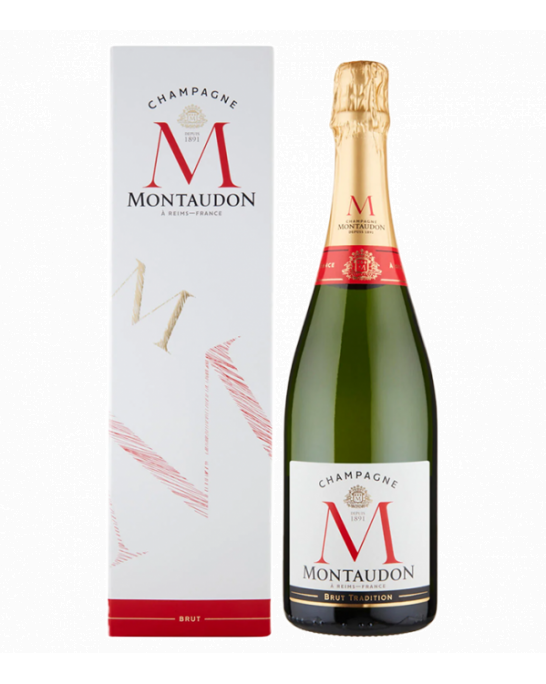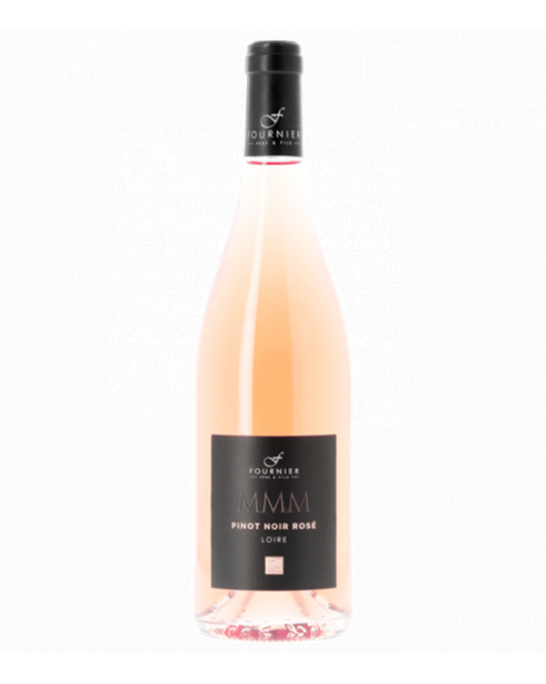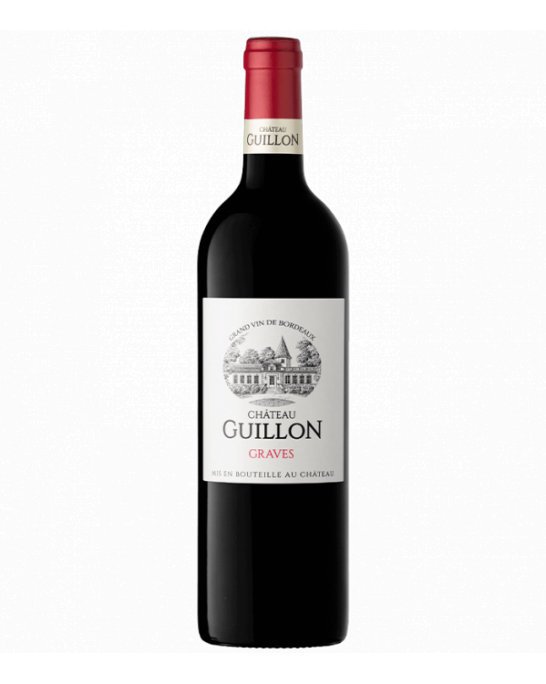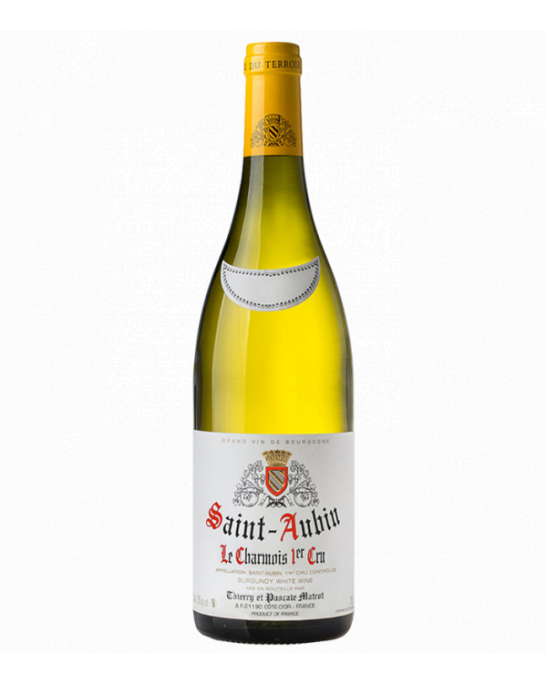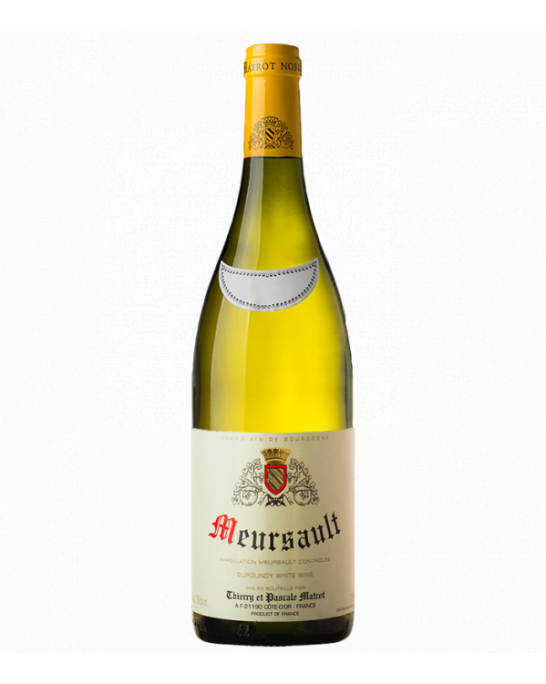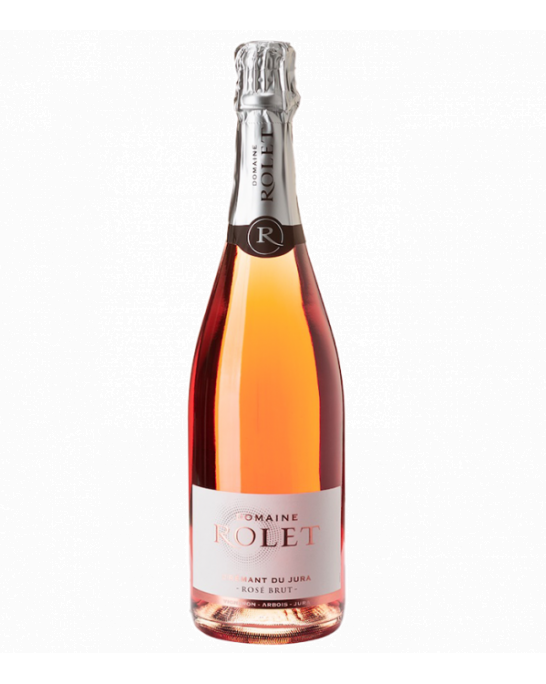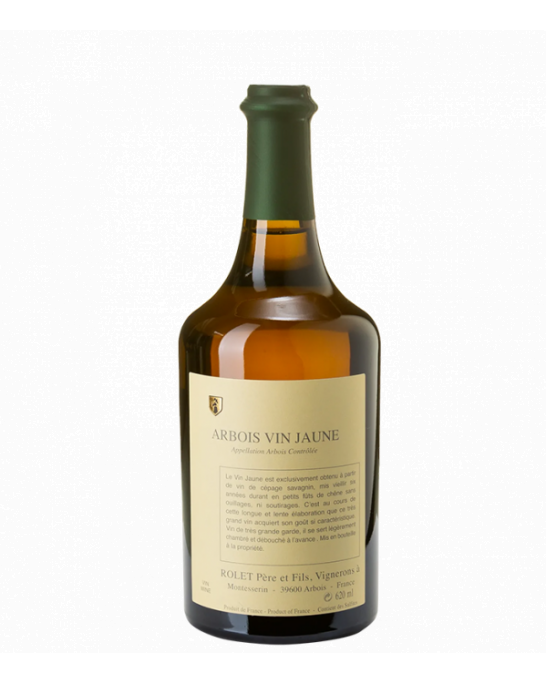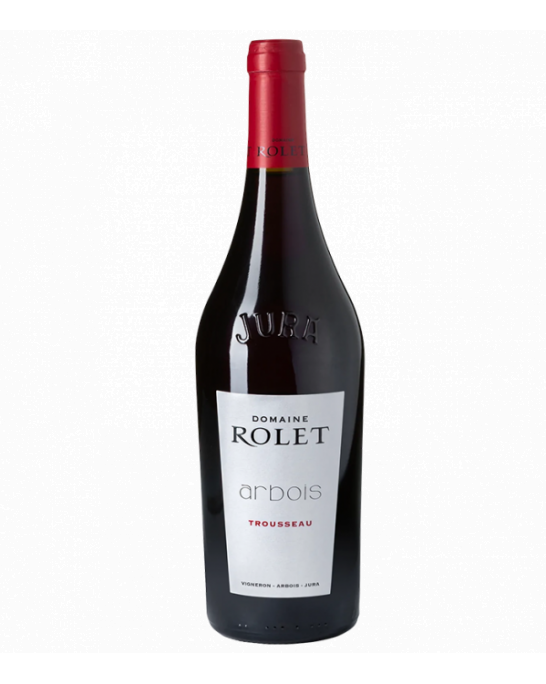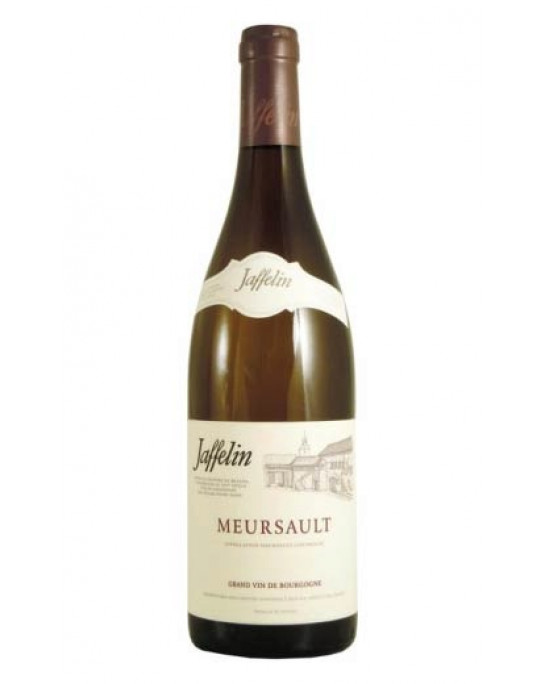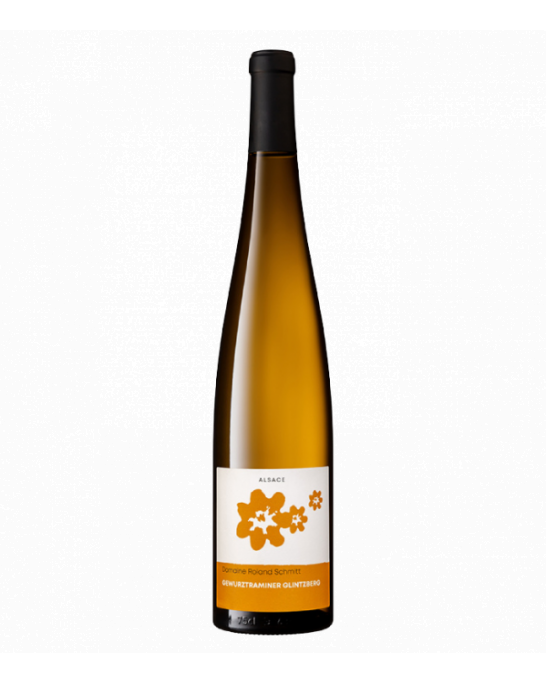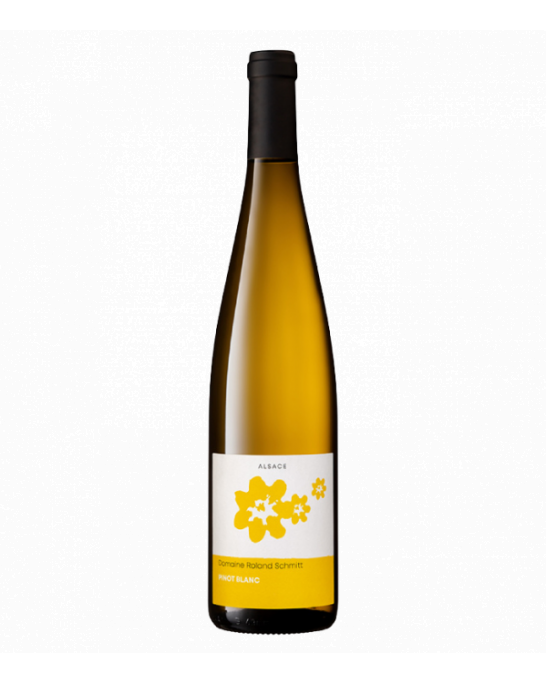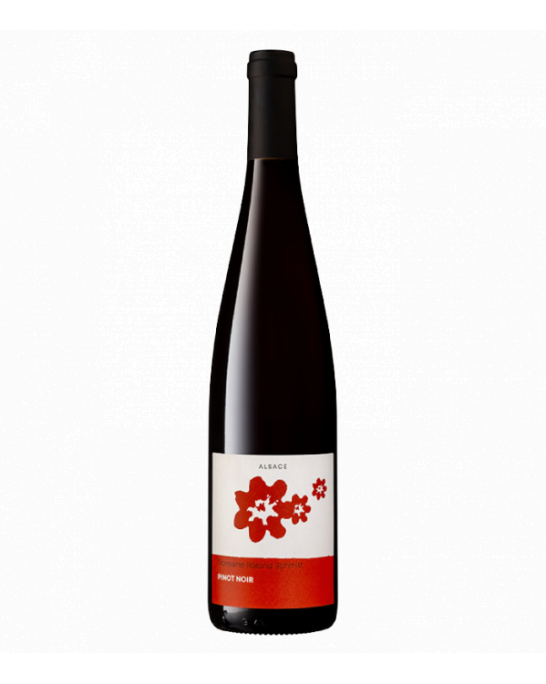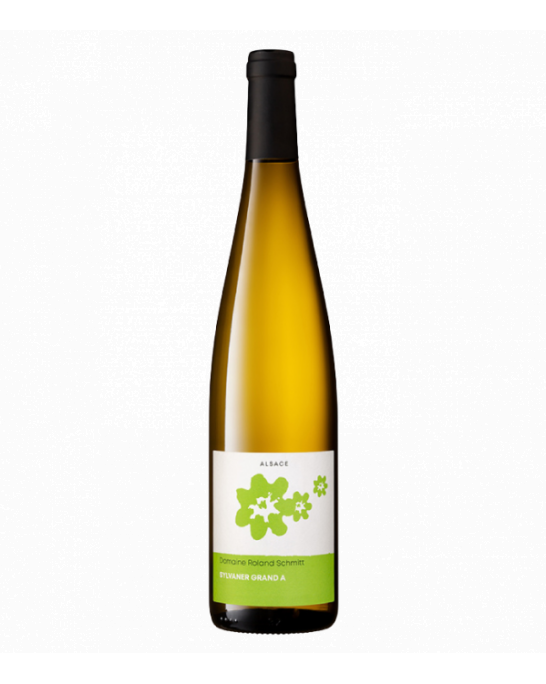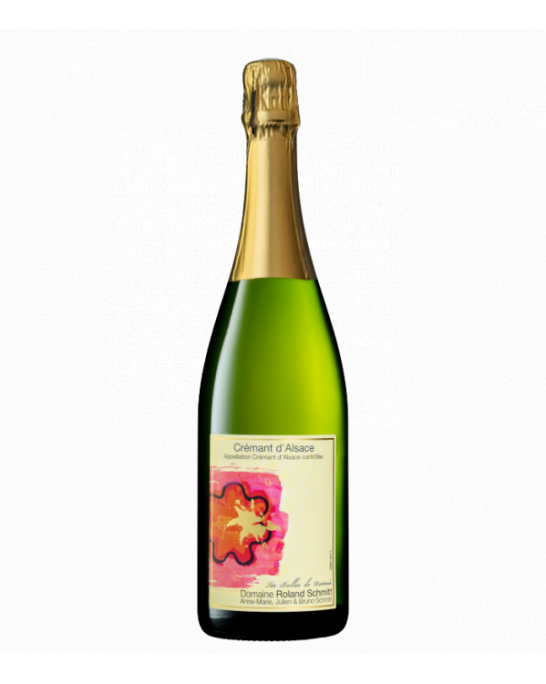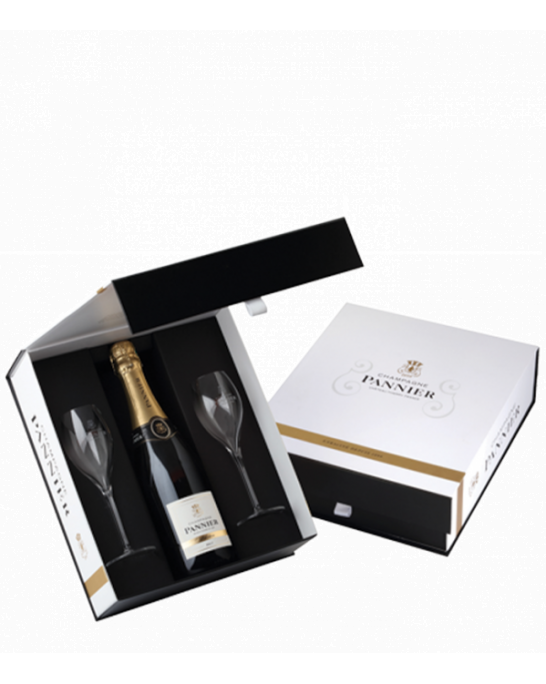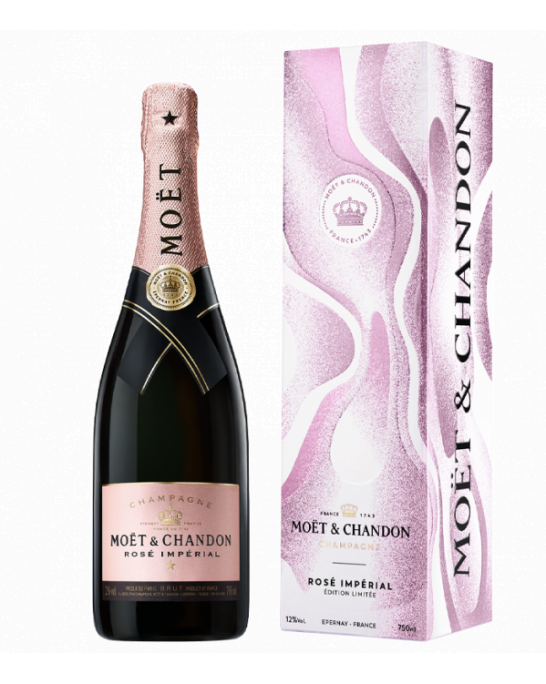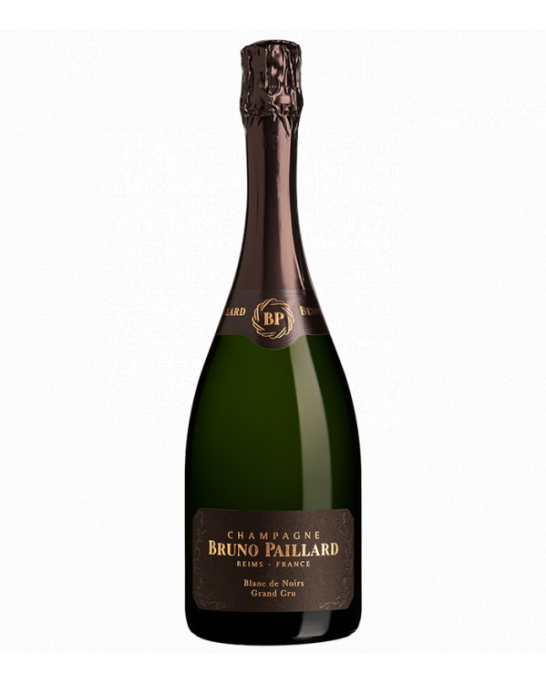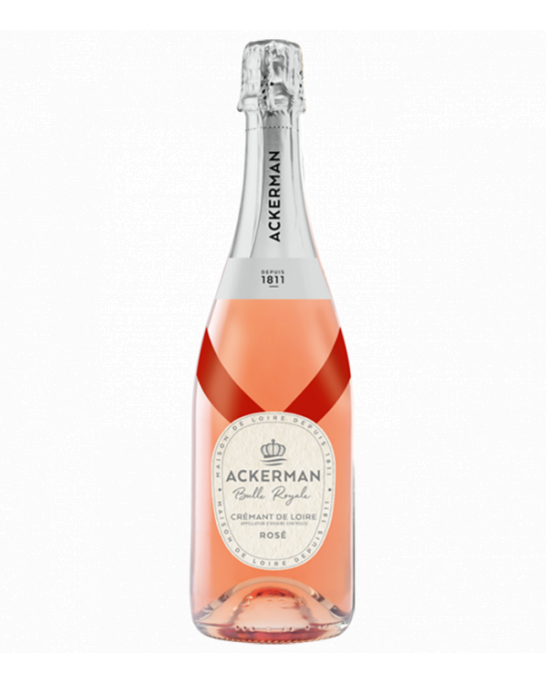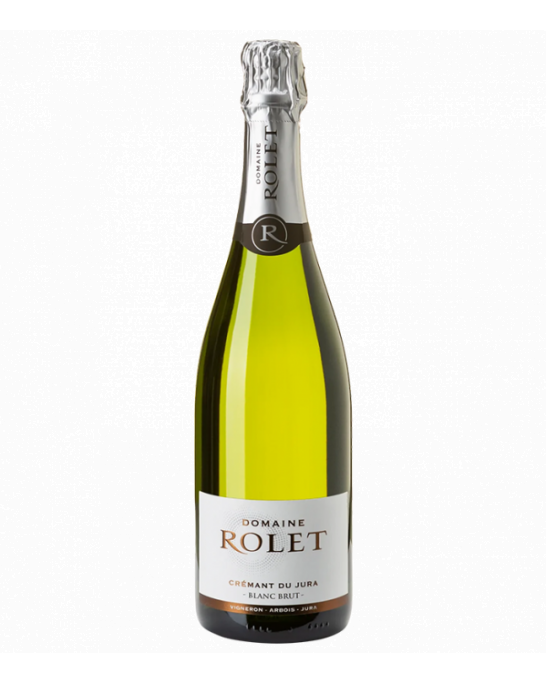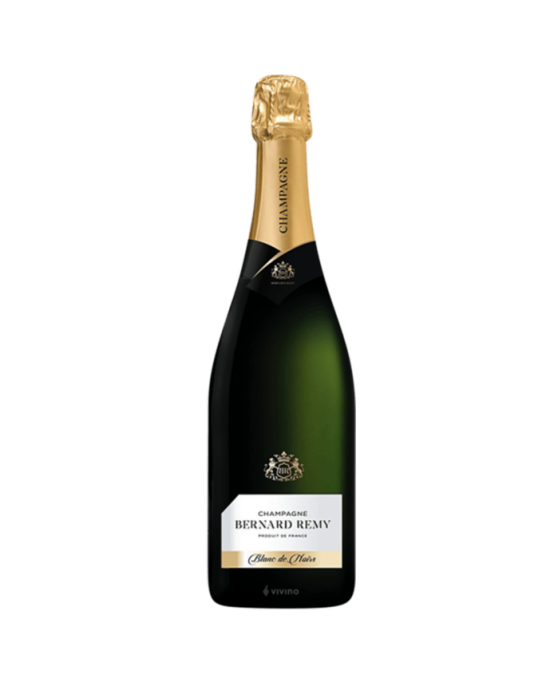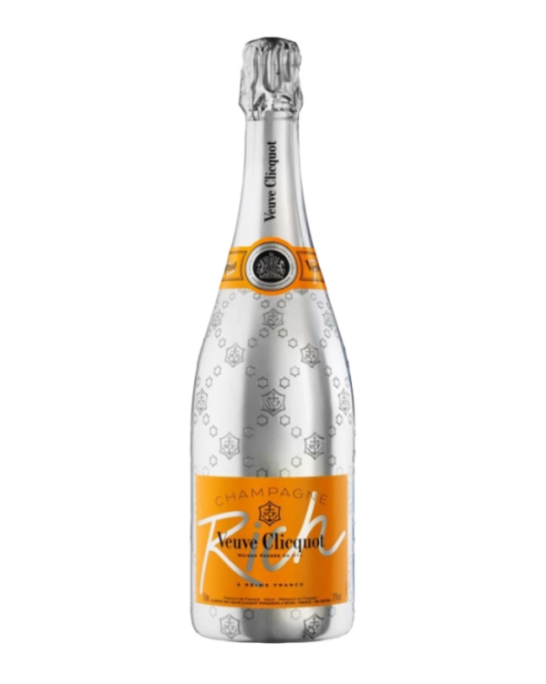French wines
France is perhaps the most famous wine-producing country in the world. Many of her wines are models that other winemakers try to emulate.
MoreFrench wines
France is perhaps the most famous wine-producing country in the world. Many of her wines are models that other winemakers try to emulate.
MorePinot Noir
Roussanne
Pinot Noir
Cabernet Franc
France is perhaps the most famous wine-producing country in the world. Many of her wines are models that other winemakers try to emulate. The climate in most of its areas, especially in the north, is cold and humid, which makes the full ripening of the grapes quite difficult - on average this happens in 2 to 4 vintages for every 10 years. This is especially important as information for collector and investment wines, as at least 3 of its wine regions are key for wine investors. France allows the addition of sugar (a process called chaptalization) during fermentation, when the harvest is poor and the grapes cannot accumulate enough sugars naturally. The country is the largest wine producer in the world, although it leads by very little ahead of Italy and is often displaced by it depending on the vintage. The largest does is not usually associated with quality but France managed to bask for hundreds of years in the reputation of being the world's greatest producer of wines as well. Today, that reputation is being rivalled by other wine-growing nations on four continents, and the French wine industry is facing new challenges. Still one can say that it continues to provide the world's greatest wines, produced on estates with perfect conditions and centuries of wine growing tradition. For those who know how to choose, and know something about wines, France still offers some of the greatest wines, with the greatest variety, and for those who know where to find it, even sometimes excellent value for money.
What are the varieties and regions in France?
France remains one of the best wine producers, with wines of all styles and quality levels coming from hundreds of unique names (appellations) across the country. It is divided into specific regions, each with established and strictly regulated varieties of grapes in the vineyards and the typical taste profile of the produced wine. Some of these varieties find new home around the world in other wine-growing regions, the most common and popular are the big six - Chardonnay, Pinot Noir, Sauvignon Blanc, Cabernet Sauvignon, Merlot, Syrah. And of course their native lands are also the most famous regions (appellations) in the world and the wines are always in demand - from amateurs to connoisseurs-collectors. These are Burgundy, Bordeaux, the Rhone Valley, Provence - the latter has gained fame mainly recently thanks to its fine, pale and light pink rosè - a worldwide hit.
How to choose a good French wine?
French wine requires more knowledge and can be difficult for a novice wine lover to choose from. An additional complication is the difficult orientation in the labels - what is what, because traditionally the regions are written on them, not the varieties from which the wine is made. So if you don't know that Chablis wines are made only from Chardonnay, you'll miss the bottle, even though your favorite variety may be just that. However, these difficulties become easier when the variety is associated with the region - Pinot Noir and Chardonnay from Burgundy, Cabernet Sauvignon and Merlot from Bordeaux, Sauvignon Blanc from the Loire Valley, Syrah from the Rhone Valley and so on. Another important point is that in France wines are usually made from blends - that is, several varieties are mixed in the final wine. An exception to this rule is Burgundy, where white wine is made in its mass from Chardonnay, and red - from Pinot Noir. There are two other small appellations which we have to mention here due to their wide recognition and fame - Sancerre (the very typical French Sauvignon Blanc wine) and Chablis (the famous Chardonnay wine from France). In any case if you feel it difficult and complicated - just ask one of Seewines’ experts and he or she will be more than happy to guide you through.

